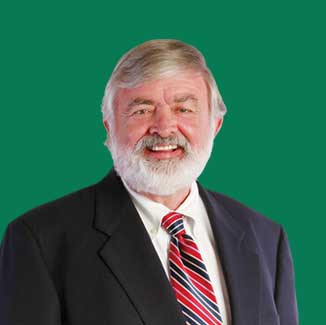 The primary purpose of a living trust is to shelter your personal assets to avoid probate of your estate when you die and to establish a mechanism whereby your affairs can be handled should you become incompetent.
The primary purpose of a living trust is to shelter your personal assets to avoid probate of your estate when you die and to establish a mechanism whereby your affairs can be handled should you become incompetent.
The first step is to create the legal entity known as a trust. After your trust is created, the trust needs to be properly "funded". This means that steps should be taken to transfer ownership of your assets from your individual name into the name of the trust to be held under the terms of your trust. This would include real estate, mortgages, stocks, bonds, money market accounts, certificates of deposits, checking and savings accounts. If a person passes away and assets are not held in the trust but are still held in his/her individual name, the probate process will NOT be avoided and all of the time and expense to create the trust will have been wasted. One of the major issues we see concerning living trusts is that the trust has never been properly "funded". Many times individuals create a trust but do not fund their trust. This limits the effectiveness of your trust.
There are some assets which should NOT be placed into your trust such as: automobiles, 401K plans and IRA accounts. If you wish, your life insurance can be made payable to the trustee of your living trust.
Your attorney can help you with the transfer of certain items such as real property, but the transfer of other assets such as bank accounts, mortgages and stock in a closely held corporation or LLC interest will be your responsibility to have transferred to the trust. A qualified elder law attorney can guide you through the process but the burden will remain with you to complete these funding steps.
If you have any questions regarding trusts or the funding of same, please call me, Dennis DeLoach, Jr. or call my son, "Rep" DeLoach. We can assist you in deciding whether a living trust is appropriate for you and can help you in creating and funding your trust.

